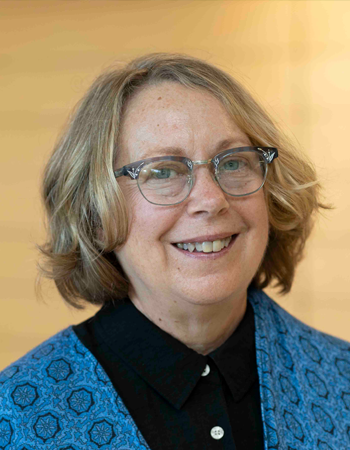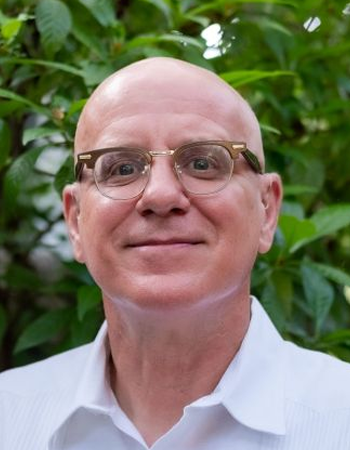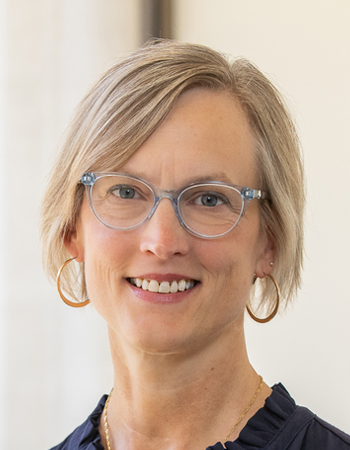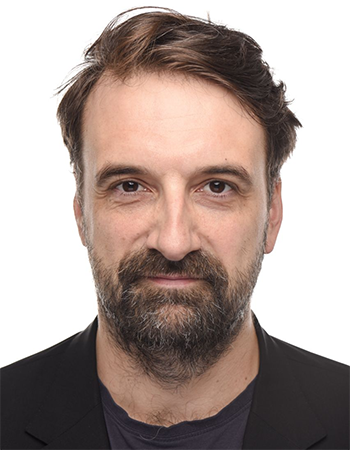Current Events Panel
Precarious Archives
Archives carry a connotation of both strength and precarity. As public institutions, they form the basis of the republic (Assmann) and they often wield “the overdetermining power of colonial discourses” (Fuentes). Recent decades have seen a turn to smaller sites of memory-making that spotlight African American, Indigenous, queer histories and more as a means to account for history’s rich diversity. As these already precarious archives have gained significance, historical inquiry has met with political backlash. A recent joint statement by the American Historical Association and the Organization of American Historians points to federal interventions that range from a “scrubbing of words and acronyms from websites to papering over interpretive panels in museums,” noting that “the full range of historical distortions and deletions is yet to be discerned.” This willing distortion of memory comes in the wake of a larger “attack on the American faith in knowledge as a value and a public good,” as Meghan O’Rourke put it recently in the New York Times.
The current events panel “Precarious Archives” seeks to engage this forcefield by reflecting on the political and cultural meaning and importance of the archive in the light of budget cuts, the censoring of inclusive language, and more general attacks on institutions of knowledge in the US. We will center this discussion around the concrete work of historical recovery pursued by a number of panelists in the areas of African American and Indigenous histories. The panel will discuss the precarity of archival recovery before the recent attacks and afterwards and discuss the concrete material of their inquiries, their cultural-historical relevance, and modes of resistance. Ultimately, this panel will take a serious look at threats against history while engaging with and valuing the important work of historical recovery that is being pursued today.
Panelists:
- Julie Buckner Armstrong (University of South Florida)

- Thomas Hallock (University of South Florida)

- Kristen Oertel (University of Tulsa)

- Boris Vormann (Bard College Berlin)

Host: Ilka Brasch (Leibniz University Hannover)
Sources:
- Assmann, Aleida. Cultural Memory and Western Civilization: Functions, Media, Archives. Cambridge UP, 329.
- Fuentes, Marisa. Dispossessed Lives: Enslaved Women, Violence, and the Archive. U of Pennsylvania P, 4.
- O’Rourke, Meghan. “The End of the University as We Know It.” New York Times, 16 March 2025, https://www.nytimes.com/2025/03/16/opinion/university-defunding-trump-rufo.html
- American Historical Association and Organization of American Historians. “AHA-OAH Joint Statement on Federal Censorship of American History.” American Historical Association, 13 March 2025, https://www.historians.org/news/aha-oah-joint-statement-on-federal-censorship-of-american-history/

